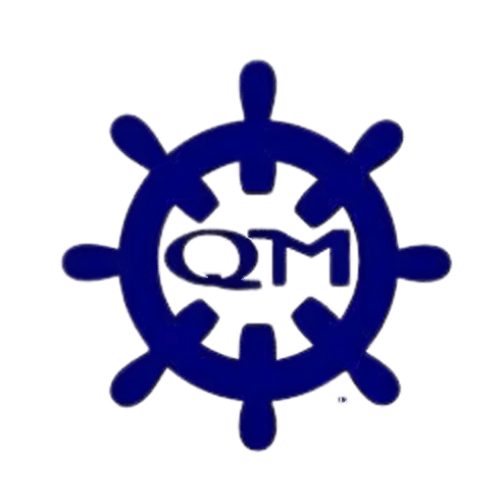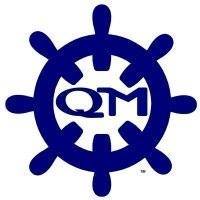The Foundation of Quality Maritime Training
High-quality maritime training is built upon several essential elements that ensure seafarers are well-prepared for the complexities of the maritime industry. A well-structured curriculum forms the backbone of effective training programs, and it is crucial that this curriculum adheres to international standards and regulations. Organizations such as the International Maritime Organization (IMO) set comprehensive guidelines that training institutions must follow to ensure consistency and safety across global maritime operations.
One of the key components of quality maritime training is the presence of experienced and certified instructors. These professionals bring invaluable real-world experience to the classroom, translating theoretical knowledge into practical skills. Their expertise not only enhances the learning experience but also instills confidence in trainees, preparing them to handle the challenges they will face at sea.
Advanced simulation technology plays a pivotal role in modern maritime training. State-of-the-art simulators replicate real-life scenarios, allowing trainees to practice and hone their skills in a controlled, risk-free environment. These simulations cover a wide range of situations, from navigation and engine room operations to emergency response and crisis management. By providing hands-on experience, simulators bridge the gap between theoretical learning and practical application, ensuring that seafarers are well-equipped to deal with any situation that may arise.
Moreover, hands-on training exercises are indispensable for effective maritime education. These practical sessions allow trainees to apply their knowledge in real-world settings, fostering a deeper understanding of their responsibilities and the operational intricacies of a vessel. Regular drills and exercises help reinforce learning outcomes and build muscle memory, which is critical in emergency situations where swift and accurate responses are required.
Continuous education and certification renewal are also fundamental to maintaining high standards in maritime training. The maritime industry is constantly evolving, with new technologies, regulations, and best practices emerging regularly. Continuous professional development ensures that seafarers stay updated with the latest advancements and maintain their competencies. Regularly renewing certifications not only demonstrates a commitment to professional growth but also ensures compliance with international maritime standards.
The Impact of Quality Maritime Training on Safety and Efficiency
Quality maritime training is a cornerstone of ensuring safety and operational efficiency in the maritime industry. Well-structured training programs are instrumental in equipping crew members with the skills and knowledge necessary to handle diverse scenarios, thereby significantly reducing the likelihood of accidents and environmental hazards. According to a study conducted by the World Maritime University, vessels operated by well-trained crews report 20% fewer accidents compared to those with minimally trained personnel. This statistic underscores the critical role that comprehensive training plays in fostering a safer maritime environment.
Case studies further illustrate these benefits. For instance, an analysis of a major shipping company revealed that after implementing a rigorous training regimen, they witnessed a 30% decline in incidents related to human error. This improvement not only enhances the safety of crew members and cargo but also contributes to the protection of marine environments by minimizing the risk of oil spills and other ecological disasters.
Beyond safety, quality maritime training enhances operational efficiency. Crew members who undergo extensive training develop better decision-making skills, improved teamwork, and heightened situational awareness. These attributes are indispensable for the smooth operation of a vessel, particularly in challenging conditions. Efficient operations translate into economic advantages for shipping companies. For example, a study by the International Chamber of Shipping found that companies with high training standards experienced a 15% reduction in insurance premiums and a 10% decrease in operational costs.
The broader implications of investing in quality maritime training extend to global maritime safety and the protection of marine environments. As the maritime industry continues to grow, the demand for well-trained crews becomes increasingly paramount. Ensuring that crew members are adequately prepared not only safeguards human lives and assets but also contributes to the sustainability of our oceans. Consequently, quality maritime training emerges as a pivotal factor in navigating the seas of excellence.

